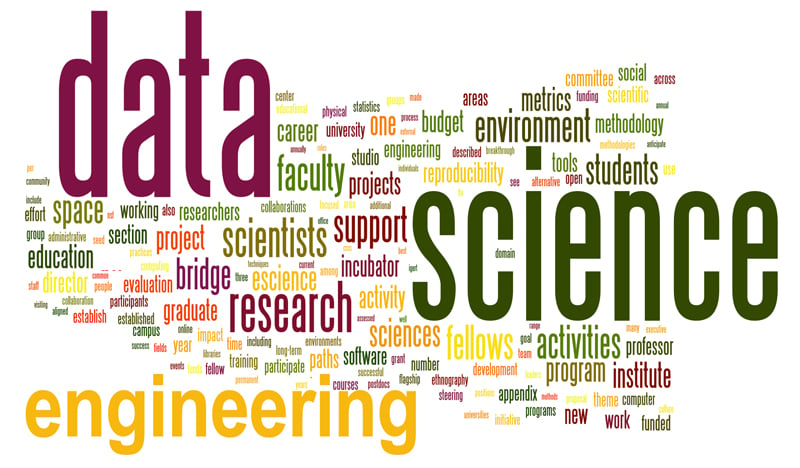 Before you apply to graduate school in science or engineering, it’s important to take a moment to ask yourself WHY. Many people apply to STEM grad programs because they were excellent students through their undergraduate education, not realizing that graduate school is a very different beast.
Before you apply to graduate school in science or engineering, it’s important to take a moment to ask yourself WHY. Many people apply to STEM grad programs because they were excellent students through their undergraduate education, not realizing that graduate school is a very different beast.
If you are excited about a PhD because you were a good undergrad student and aren’t sure what you want to do next, think carefully about whether a PhD is right for you. While you (may) find the jobs you are qualified for after a PhD more satisfying, and they may be better compensated, remember that you will first spend 4-5 years (or more, if you choose to pursue a postdoc!) making a stipend that covers the cost of living, but not much else. For context, PhD candidates’ salaries are typically in the high $20K to low $30K range per year, depending on if you’re in science (lower) or engineering (higher) and the cost of living where your school is located.
Now, if you’re still thinking about it, here are a few reasons pursuing a PhD might be a great fit for you:
You enjoy working independently on problems that nobody has solved before
In graduate school, you are, by definition, working on problems that nobody has solved before. That means that you’re responsible for both thinking about your work at a high level (how is this work interesting and important? What is the motivation for what I’m doing?) as well as proposing and developing solutions to technical challenges. NOBODY will give you a detailed description of exactly what you should be developing: YOU are in charge of both setting the goalposts appropriately AND reaching those goals. You will get feedback, advice, resources, and mentorship from many people along the way…. But, at the end of the day, the thesis is YOUR work. This is a tremendous change from the problem sets and exams of an undergraduate degree!
You want to eventually work at a company doing research and development at a high level
In many companies, only so much technical progression along a research and development path is available to people without a PhD. I have had several friends and colleagues who returned to graduate school after several years of working because they found they weren’t happy with the work they were doing, and there were no opportunities for the career advancement they wanted without a PhD.
You hope to pursue a career as a researcher employed at a government laboratory (NIH, one of the national labs or defense labs)
Many of these researcher positions are available only to people with PhDs, and the kinds of projects they work on range from basic science to applied research and engineering.
You want to be a professor
Some people think the only career option open to PhD graduates is to become a professor, which is not true! However, a PhD IS needed to become a professor. Some people choose to work at an undergraduate-only institution, where they can be more focused on teaching students, while others go to big research universities where they are expected to write grants to bring in funding for research, conduct research alongside graduate students and postdocs, as well as teach undergraduate and graduate-level courses.
You want to work as a consultant or technical consultant
Many firms such as McKinsey & Co. and the Boston Consulting Group (business consulting) and Exponent (technical consulting) recruit disproportionately among people with science and engineering PhDs.
You hope to pursue a scientific writing/communications-based career
Careers in technical writing for companies, as editors for scientific journals, and working with patent lawyers and intellectual property, all require a level of scientific literacy that is acquired during a PhD.
You are excited about producing new technology and launching a startup
Some schools have programs, competitions, and incubators to help PhD students interested in entrepreneurship turn their ideas and technologies into a company. Programs such as dual PhD/MBA programs even exist.
If one or more of these paths sounds exciting to you, applying to, and pursuing, a PhD in science and engineering might be a good choice. Depending on what career path you are interested in, you will want to find a school, program, and professor that matches your interests. For example, if you’re interested in eventually starting a company, joining a research group that has done this before at a school with entrepreneurship programs is a good idea. Looking up prior graduates from groups that you join and seeing what they end up doing is a good way to see if the experience you would have in that group will prepare you for your long-term goals.

Comments